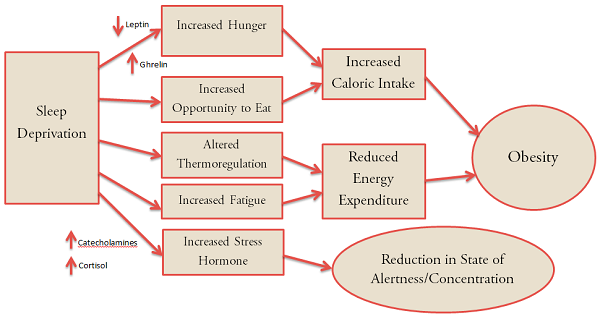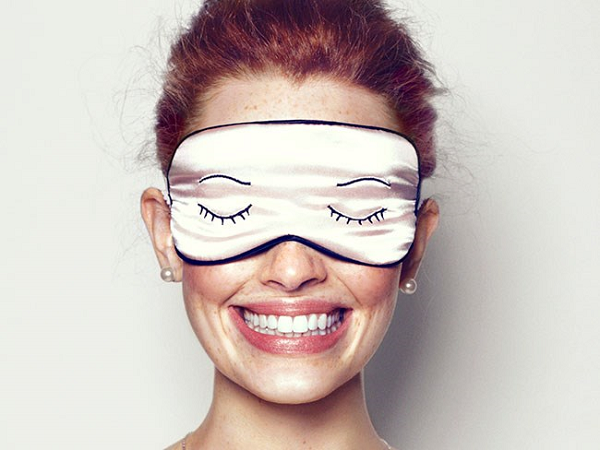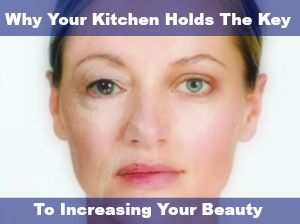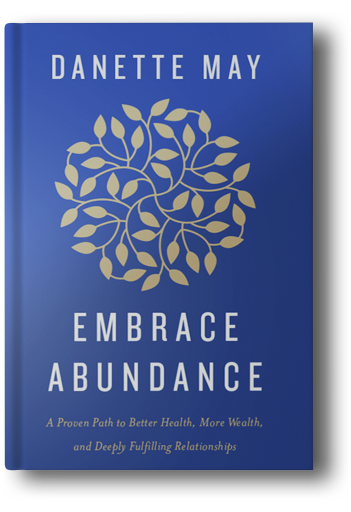How many hours of sleep did you get last night, or the night before? In our go, go, go society, many of us end up shortchanged on snooze time.
Of course you already know that sleep is a necessary part of life, but you may not realize how much it actually affects your health, and even your waistline.
In addition to increasing stress levels and making us feel like we’re walking around in a fog, when we don’t get enough shut-eye, it can result in increased weight gain.
While it may seem like the more hours you’re up and around, the less you’d weigh due to the extra calorie burn, the opposite is actually true.
Surprising?
It’s all because hormones like ghrelin and leptin are thrown off balance, and, those hormones influence your appetite!
Ghrelin, sometimes referred to as the “hunger hormone,” is responsible for stimulating appetite. The higher level of ghrelin you have in your body, the hungrier you’ll feel.
Leptin, on the other hand, is in charge of letting the brain know when the body is full.
When your levels are normal, leptin helps to counteract ghrelin, which keeps hunger in check.

Sleep deprivation causes an increase in ghrelin levels, signaling hunger, while lowering leptin levels, which keeps you feeling hungry, even if you’ve just eaten.
SPECIAL REPORT >> Simple Steps To Remove DEADLY Abdominal Fat Permanently
Now it makes sense, right?
Gaining weight is one of the signs that you’re not getting enough rest.
In fact, those who sleep less than six hours each night, are more likely to be overweight.
Most adults need seven to nine hours of sleep, and the increasing use of laptops, tablets and other electronics are one of the factors contributing to the massive, collective slept debt. Of course, the long list of daily responsibilities that most of us have don’t help either.
If you aren’t sure whether or not sleep deprivation is affecting you, there are 7 tell-tale signs that signal it may be time to start heading to bed a bit earlier – and to avoid late-evening use of electronics, which increases alertness, making it more difficult to fall asleep.
- You’re constantly hungry
As I mentioned, sleep affects the production of the hormone grehlin, which is in charge of hunger as well as satiety. That means too little sleep makes you hungrier the next day – and, it also makes you crave less healthy foods, a double whammy so to speak.
- You’re getting drowsy during the day, and caffeine doesn’t cut it.
While this may seem obvious, many people think that feeling exhausted in the afternoon is normal. It’s not. It’s a big red flag that you’re not getting enough ZZZs at night. Sometimes the symptoms are more subtle, like yawning every five minutes or feeling the need to constantly refill your coffee cup.
- You aren’t looking your best.
Even a small amount of sleep deprivation can affect how you look. If your eyes are red, puffy, or you have dark under-eye circles, you probably need more rest.
- Your performance and/or productivity isn’t what it used to be.
Sleep deprivation can negatively affect the ability to focus, concentrate, make decisions and even find the right words to describe something simple. If your work is suffering, getting a good night’s sleep on a regular basis may be one of the best ways to improve your overall performance and productivity levels.
- You keep losing your keys, your glasses or other important items.
Forgetfulness is a common sign of sleep deprivation. While getting eight hours of rest won’t magically tell you where in the world those glasses went, it might help you remember the next time you put them down.
- You’re more sensitive than usual.
If you’re crying at the drop of a hat, or just more sensitive to things than you usually are, it may not be PMS or other hormonal issues – try getting more sleep to see if it helps you feel more balanced.
- Your libido has disappeared.
The loss of libido, or the urge to have sex, is another sign of a lack of sleep. Getting some quality rest is likely to equal a happier, healthy sex life.
If you’re having trouble falling asleep at night, try to:

- set aside an hour before bed to prepare your body for rest.
- Nix all electronic gadgets during that last 60 minutes of the day and do something to calm and relax.
- You might take a warm bath, practice meditation or read a good book – just not on your Kindle as that little light signals the brain to be more alert.
- Be sure your room is completely dark when it’s time to close your eyes, and that it’s free of noise. Investing in an eye mask and/or a pair of ear plugs can help too.
Hope you will use these tips and I wish you all sweet dreams!
Yours in Health,
Danette







